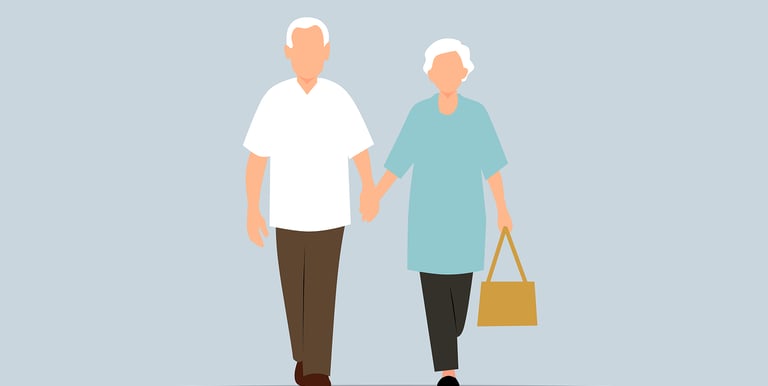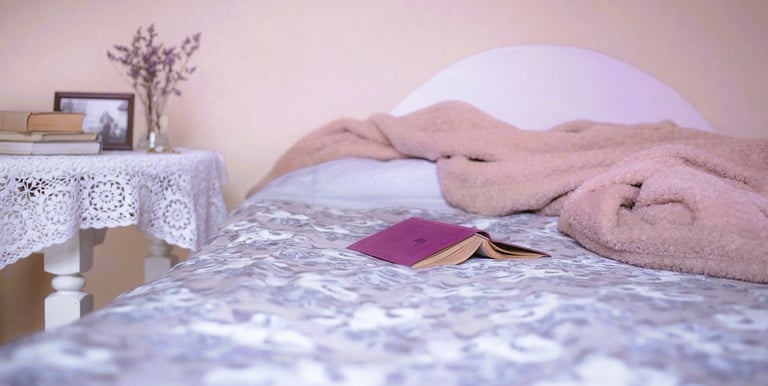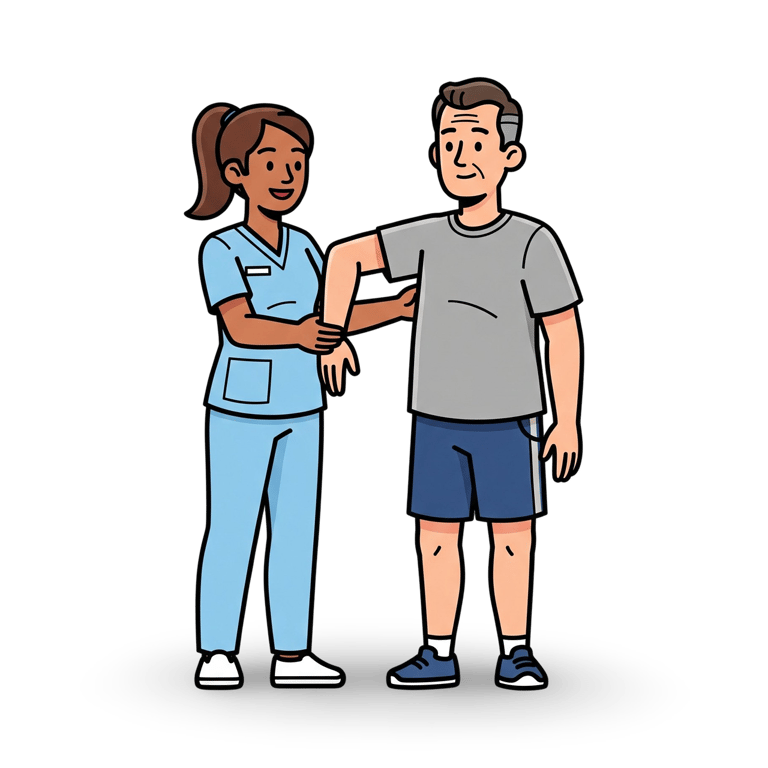These are some activities to help keep the brain active and calm and provide gentle ways to reduce confusion, support relaxation, and create moments of comfort for people experiencing delirium and their carers.


Mind Care
Music
Relax with Music 🎵
As a carer, you can use music as a simple, supportive tool to help calm and connect with your loved one.
Consider playing music they enjoy or recognise favourites from their past can be especially comforting. Use it during quiet times, or when they seem unsettled, to help reduce stress for both of you.




Reference –
McCaffrey, R., & Locsin, R. (2004). The effect of music listening on acute confusion and delirium in elders undergoing elective hip and knee surgery. Journal of Clinical Nursing, 13(6B), 91–96. https://doi.org/10.1111/j.1365-2702.2004.01048.x
Reorientation
Keep your Brain Focused. Frequently being reminded of the time, date, where you are, and why you are in the hospital will keep your brain focused This technique is called reorientation.
Reminding yourself or your loved one of the time of day, where they are, the reason for hospitalization, and the date is a simple and powerful action. Doing this once every hour during the daytime keeps the brain active and may cut the risk of delirium by 50%

Sleep
Make staying at the hospital SO EASY YOU COULD DO IT IN YOUR SLEEP!
Rest your brain at night. Good sleep is hard to get in the hospital. You are in a new environment with unfamiliar noises, people, and things around you.
Wear ear plugs and an eye mask at night to help with sleep. By wearing ear plugs, you may decrease delirium risk by 30%




Tips and tricks for a good night rest
Avoid naps and stay awake during the day
Recovering from surgery is tiring. Try to stay awake during the day as much as you can so you can sleep at night. It is okay to take short power naps.
Ask your healthcare team to change the timing of your medication
You may need to take medications at night to help you recover. You can ask your healthcare team to group these medications together so you can sleep longer during the nighttime hours.
Try to get in some physical activity
Even if all you can do it walk up and down the halls or lean forward and back in your bed, any physical activity can help to tire out your body. Make sure not to exercise to close to bed time in order to avoid an adrenaline boost before you lay down for the night.
Managing your discomfort
While in the hospital you might feel sore and in pain. This often makes it hard to fall and stay asleep. You can ask your healthcare team for pain medications
Items to bring with you
Earplugs or headphones
Hospitals are noisy at night. Wearing earplugs will help block out the noise from machines and hallways. Listening to soothing music may also help you sleep by blocking out the noise.
Face-cover or mask
It can be bright in your hospital room. Wearing an eye mask or sleeping mask might help you relax and block light to help you sleep.
Bring a comfy pillow or blanket from home
Having something familiar to you might help you sleep. It is okay to bring a pillow, a stuffed animal, or a neck pillow with you. Keep in mind that the hospital is a busy place and things can get lost easily -so keep an eye on it when your room is being cleaned.
Physical Activity


Any type of activity will help your body and brain stay active and reduce delirium risk. Download PDF
Do these exercises at your own risk and pace. It may be best to check with your healthcare team before trying these.
Reduce Pain and Discomfort
Who knew being distracted could be so helpful?
Believe it or not, distracting your brain can be an effective tool to help you recover from your illness. Distraction can decrease your discomfort and stress while also helping to keep your brain focused.

Deep Breathing
Lets practice a technique to help activate the brain and recover! Deep breathing practice can help you manage pain and anxiety.

Lets practice a technique to help activate the brain and recover! Deep breathing practice can help you manage pain and anxiety.

Clearer Days Delirium Support
Acknowledgement of Country
Clearer Days Delirium Support acknowledges the Traditional Custodians of the lands around Australia and pay our respects to Elders past and present.
© 2025. All rights reserved.












